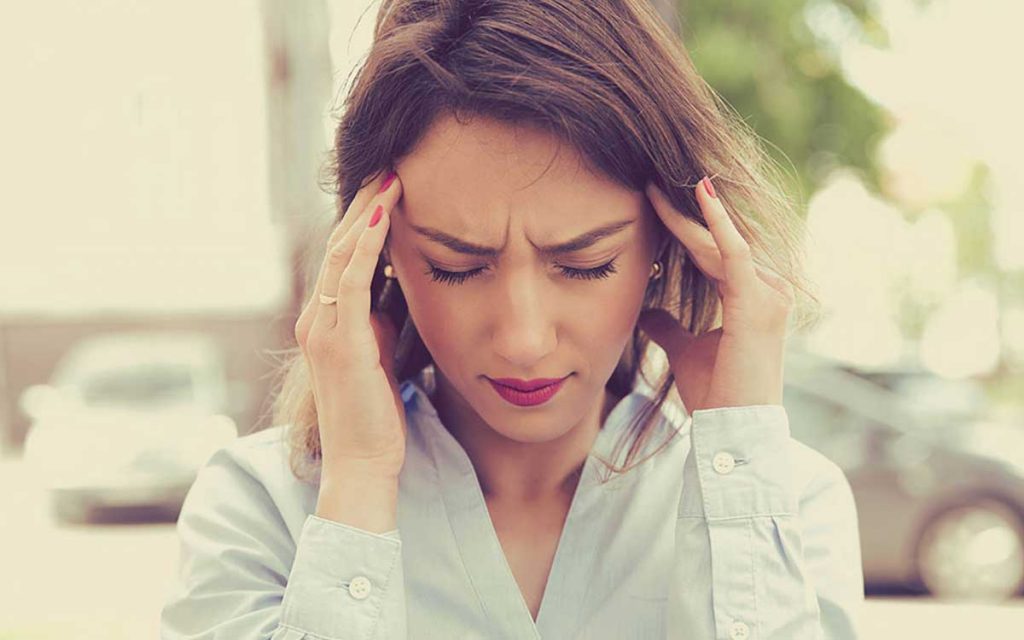Very loud or ongoing, high-level noise affects your health in some really disturbing ways. Many well-conducted studies by researchers from respected organizations shout it loud and clear.
Too much noise is bad for your health! Let’s take a look at some of the findings.
1. It Slows Healing
Think about the last time you were in a hospital. What do you hear? Heart monitors and other machines? Buzzers and alarms? People talking loudly across the curtain in the double occupancy room? A television with the volume too high?
The world health organization (WHO) performed a study in US hospitals. They found that patients who were exposed to loud noise took longer to heal. Worse, they also found that many hospital wards are almost as loud as a factory, staying around 95 decibels. Prolonged exposure to 95 decibels will lead to permanent hearing loss.
On top of the noise itself being jarring and irritating, people in noisy hospital rooms couldn’t sleep well. And, of course, you know good sleep is essential for healing.
After the study, the WHO put out a recommendation that hospitals monitor noise and keep levels below 35 decibels. That’s roughly the sound of a whisper.
2. 3% of Heart Attacks Directly Linked to Noise Levels
You’ve probably seen it on TV before. A person suddenly gets exposed to loud noise and falls to the floor in cardiac arrest. But can this really happen? Or is it just more dramatic effect for TV audiences?
A German study showed that truth isn’t too far from fiction. They discovered that 3% of heart attacks in Germany could be directly linked to not sudden noises, but to prolonged exposure to noise.
Noise can cause high blood pressure and irregular heartbeat. These often lead to strokes or heart attacks. Nighttime noise disrupts sleep and increases the production of stress hormones. This also affects the heart.
3. 50% of Teachers Have Permanent Vocal Cord Damage
A study published in the Journal of Speech, Language and Hearing found that 50% of teachers have permanent damage to their vocal cords from years of trying to speak over classroom noise.
If your dream is to become a professional singer, then maybe teaching or any other noisy employment shouldn’t be your day job.
4. Noise Costing the Healthcare System $30.8 Billion
Treating hearing loss may be the first thing to come to mind when you think of increased healthcare costs. And that’s an important part of the expense. But it actually goes beyond that.
Another WHO study found a shocking correlation between noise exposure and healthcare costs. The study involved several countries in Europe. They found that as noise increased, people:
- Took more sick days
- Sought more healthcare treatment
- Had trouble learning new things
- Lost significant productivity at work
5. It May Lead to Mental Health Challenges
High noise levels have been directly linked to a 200% increased risk of depression and anxiety in working-age adults. It’s also been linked to emotional distress in children as well as an increase in learning disabilities.
And if a person is exposed to noise that is loud enough or for long enough, that person will develop permanent hearing loss. Untreated hearing loss also doubles a person’s chances of developing mental health issues.
6. It May Cause Dementia
A Johns Hopkins study found that people with severe hearing loss are 5X more likely to develop dementia. Even those with mild hearing loss had 2X the risk of a normally hearing person around the same age.
Not surprisingly those who got hearing aids cut their risk down to that of a normally hearing person.
How Loud Is Too Loud?
A typical conversation is about 50 decibels. That’s generally safe for both hearing and overall health.
Exposure to 85 decibels over an 8 hour period can cause permanent hearing loss. Traffic is often this loud, although it can be louder.
Being exposed to 100 decibels for 15 minutes will cause permanent damage. Gas-powered weedeaters, motorcycles, and some factory equipment are also loud enough to cause damage.
Anything over 110 will cause immediate irreversible damage to your hearing.
If you’re unsure how loud your surroundings are, download a decibel meter on your smartphone or ask a friend to do so.
Noise and Your Health
We’ve only listed a few of the many studies that demonstrate a clear link between noise levels and health. You’ll find many more studies and research like these on our blog, especially in the hearing loss section. Exploring how noise impacts your health and happiness will help you make smart decisions regarding voluntary noise exposure.
